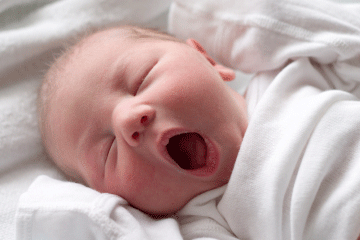
We expect the symptoms of distress when we are under pressure, anticipating a negative event or feeling burdened with excessive expectations. But we can also experience anxiety, muscle tension, headaches, irritability, fitful sleep — as well as a slew of other stress reactions — as a result of Eustress, which is defined as positive life events that bring with them an increase in stress.
Weddings, a long-awaited pregnancy, holidays — these experiences can create an increase in the release of cortisol, a stress hormone, as surely as more negative life events like loss or trauma. Turns out our bodies don’t necessarily know the difference between anticipatory anxiety and dread. We may find ourselves suffering from a migraine the night of our engagement party, or experiencing anxiety and sleepless nights after receiving a long-deserved promotion. It’s not that we don’t appreciate our good tidings; we are simply wired to react with similar somatic responses to sometimes widely disparate occurrences. When you become aware of a celebration looming on your calendar, take stock of your body’s wisdom. Try getting some extra sleep the days before the event. Maintain a high water intake, and try to keep your exercise commitment to burn off some of the stress hormones and muscle tension. Incorporate stretching exercises into your daily routine, and jot notes of all the highlights your are anticipating to free up some brain space. We all deserve to revel in the achievements and high points that make life memorable. By focusing on a little preventive self-maintenance, we can minimize our stress and be poised to be fully present to all the revelry that’s coming our way.


